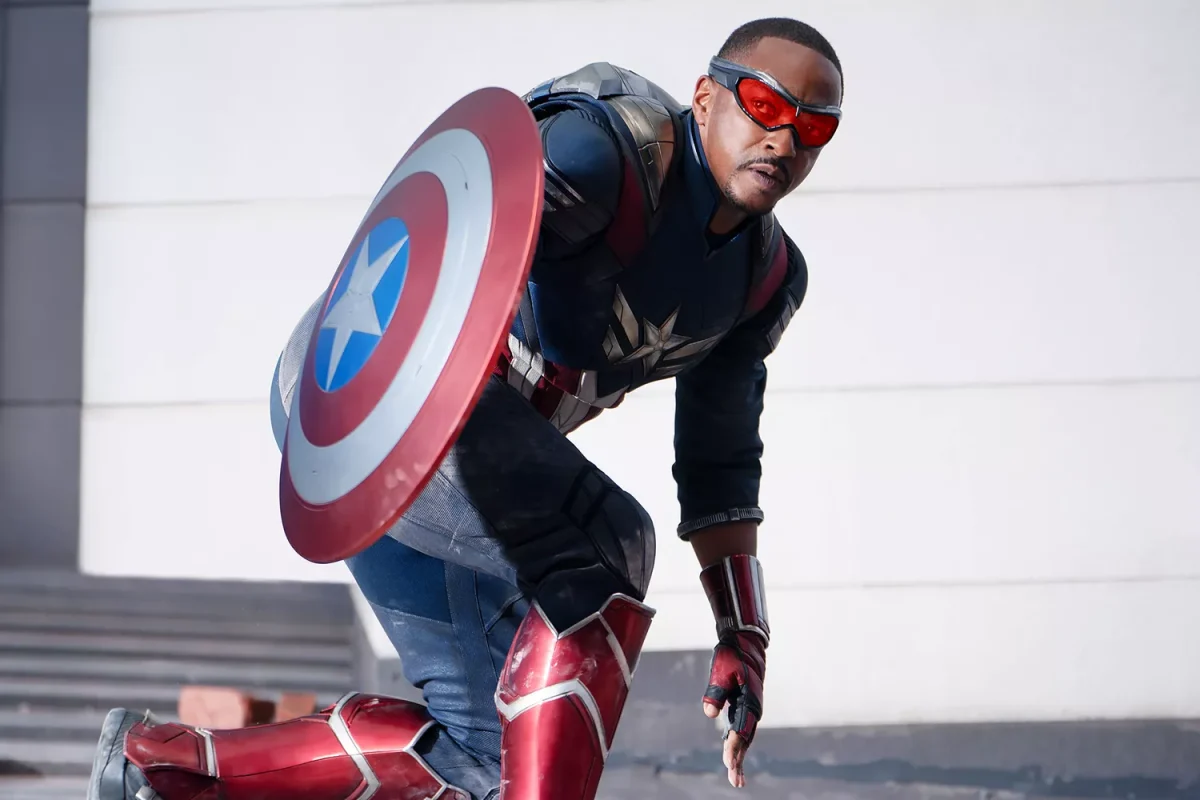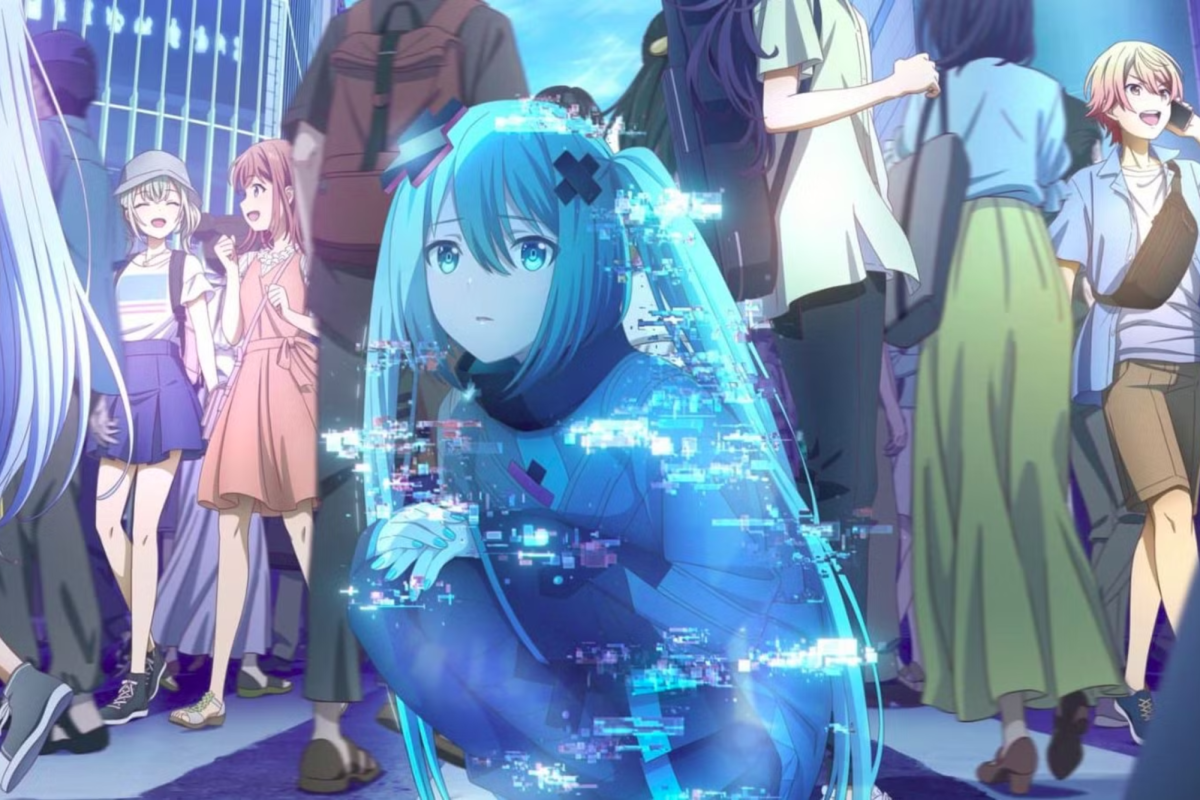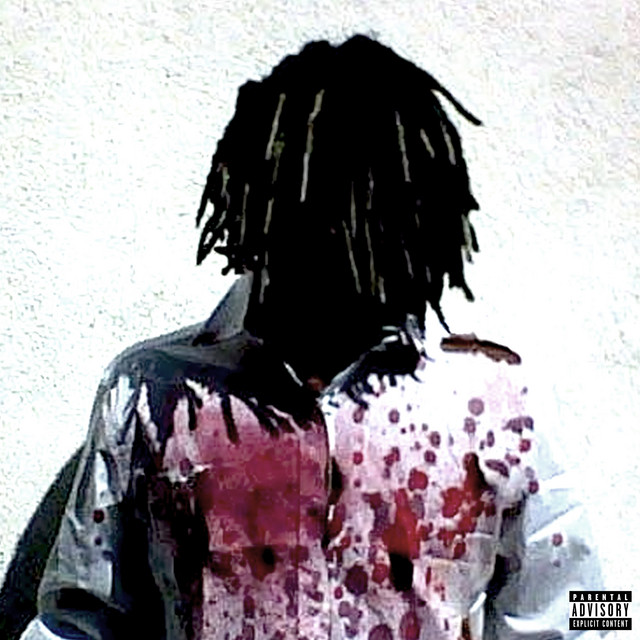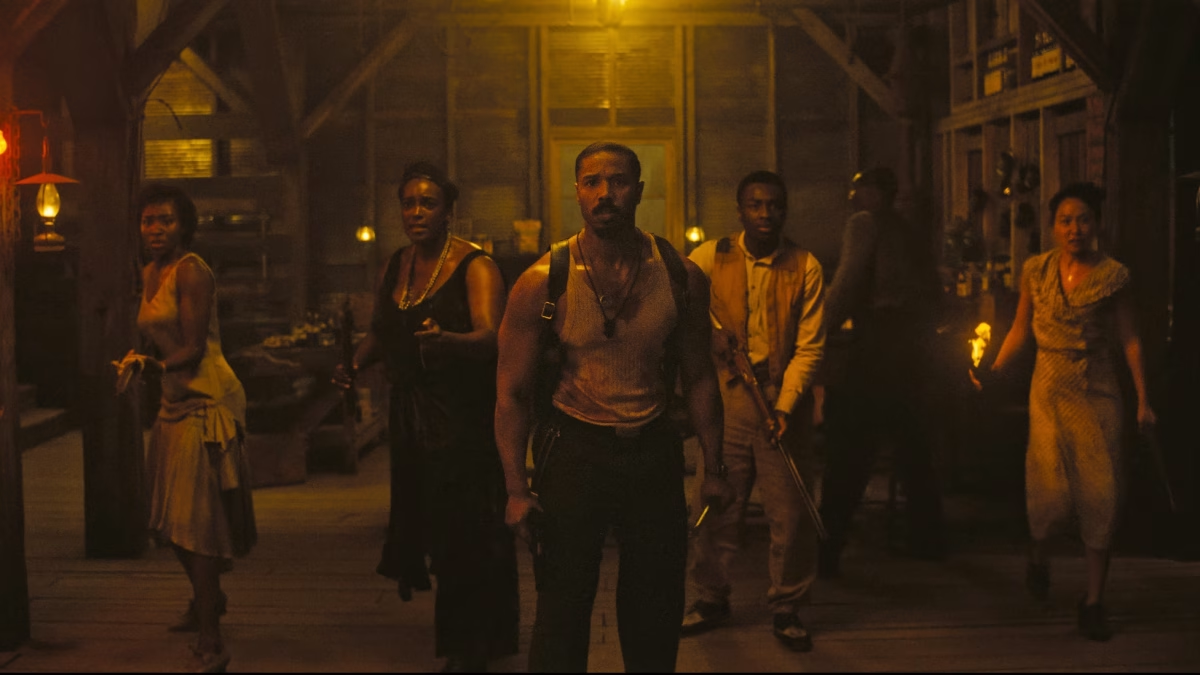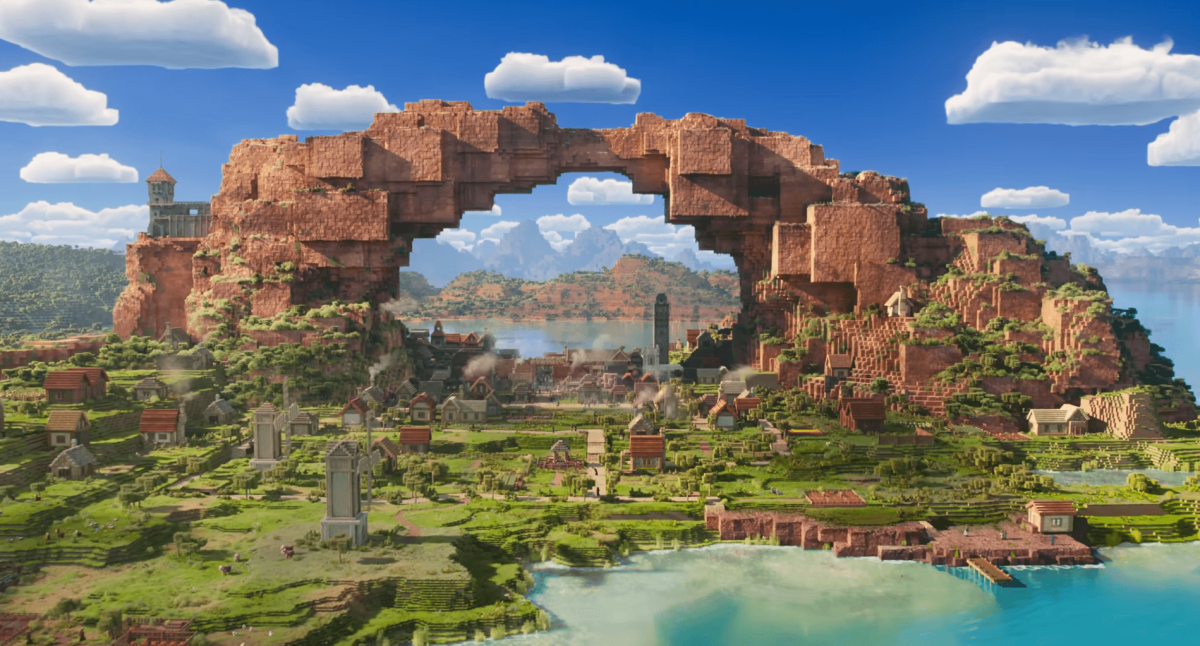Marvel took to the big screen once again with the release of “Captain America: Brave New World” on Friday, Feb. 14. In contrast to recent Marvel movies, “Captain America: Brave New World” seems to bring the story closer to the idea of reforming the Avengers, following the series “The Falcon and the Winter Soldier.” The movie stars Anthony Mackie as Sam Wilson, who has stepped away from his role as The Falcon into the mantle of Captain America, now working for the U.S. government and struggling to live up to his new title’s legacy. While the film aims to focus on Wilson’s expectations for himself, it draws attention to the wrong characters, ultimately leaving Wilson in the background, and the audience expecting better.
“Captain America: Brave New World” may fail to deliver an impactful plot, but it succeeds in amplifying the powerful visuals the film has to offer, utilizing the flight abilities of The Falcon as an opportunity to showcase new styles of combat. In previous films, Wilson’s unique suit has always added a different dimension to his fighting scenes — something that was highlighted in this movie through camera angles that followed Wilson through the sky. Every fight scene was coherent and smooth, utilizing powerful camera work and precise choreography. The impact of the fight scenes was furthered by the usage of the soundtrack, which provided suspense and highlighted fear.
However, the soundtrack quickly lost its purpose as, after the first 20 minutes, the plot became incredibly predictable. “Captain America: Brave New World” was a painful cliche, even reusing ideas from previous Marvel movies. Harrison Ford’s President Ross was surrounded by exploitation and deceit, while Sam Wilson constantly used bravery and self-sacrifice, the two using different methods to try and prove themselves to those they seek validation from, but this similarity between the characters is hardly touched on. This wasted potential was the film’s biggest failure, making “Captain America: Brave New World” seem like the bare-bones script to what could’ve been an amazing film. If the story had focused on the different ways Ross and Wilson went about achieving the same goal, it could’ve really made a strong comment about legacy and a solid connection to the audience. However, rather than pursuing a storyline that focused on the parallels between the two, Ross’s problems became a prominent feature of the film, leaving Wilson’s issues in the background and making his struggle a minor plot point in his own movie.
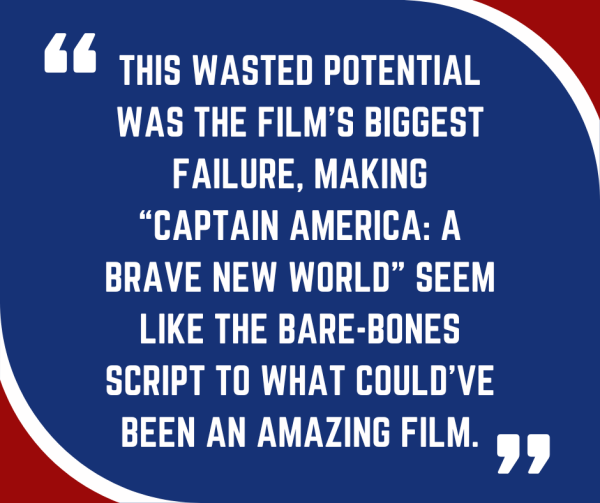
This disregard of the main character’s emotions was a result of a greater problem of poor pacing — most scenes felt like transitions to a greater moment, hoping to build suspense, but ultimately lead to a predictable result. This predictability, while action-packed, was void of focus on individual characters and had almost no emotional appeal. The suspense the film worked so hard to build fell flat, and the lack of fully fleshed-out emotional ties in the plot made it feel as though there was really nothing at stake.
Nevertheless, “Captain America: Brave New World” did have a few high points, one being the chemistry between characters, especially that of Sam Wilson and Danny Ramirez’s Joaquín Torres. As a new entry into the Marvel Cinematic Universe, Torres is portrayed as Wilson’s good friend and successor to the role of The Falcon. Throughout the film, Torres delivers snappy one-liners, makes questionable decisions and provides witty banter in almost all his interactions. As the cliched ‘funny’ character, Torres carried almost all the humor in the film, leaving much to be desired when he was not present on screen.
Another dynamic character was that of Carl Lumbly’s Isaiah Bradley, who tugged on the audience’s heartstrings as he was wrongfully imprisoned. This emotional event spurs the movie into action, adding an excellent motivation to Wilson’s character and emotionally hooking the audience as well. However, Bradley’s impact — while great — was short-lived, as his scenes became less frequent throughout the movie, losing the only emotional appeal the film had. Without Bradley and Torres, the movie turned into a long stretch of mind-numbing action until it was broken by a much-awaited cameo from Sebastian Stan’s Bucky Barnes. While Barnes had minimal screen time, his pep talk served as a key point of audience interest before returning to a snoozefest of fighting.
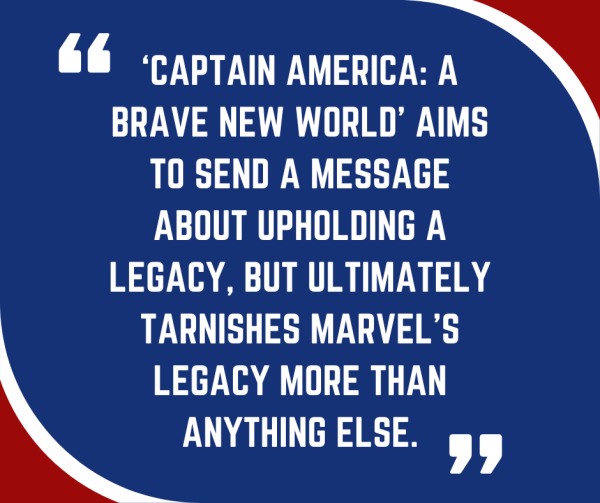
Overall “Captain America: Brave New World” is predictable and disappointing, from its recycled ideas down to its monotonous lack of emotional appeal. While the movie seems to be a precursor to the eventual reformation of the Avengers, it fails to be anything significant on its own. The film does have its high points in its powerful chemistry and exciting cameos, but that’s about all it really has to offer. As yet another filler movie in the Marvel Cinematic Universe, “Captain America: Brave New World” aims to send a message about upholding a legacy, but ultimately tarnishes Marvel’s legacy more than anything else.
RATING: 2.5/5



